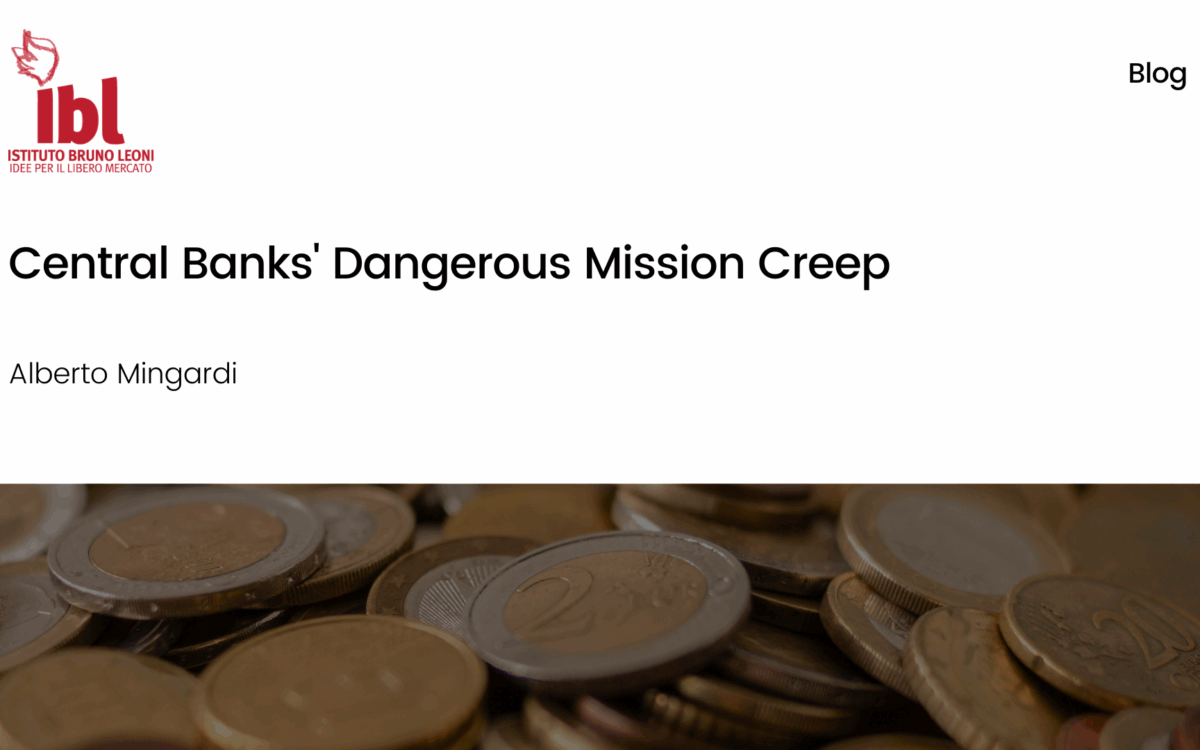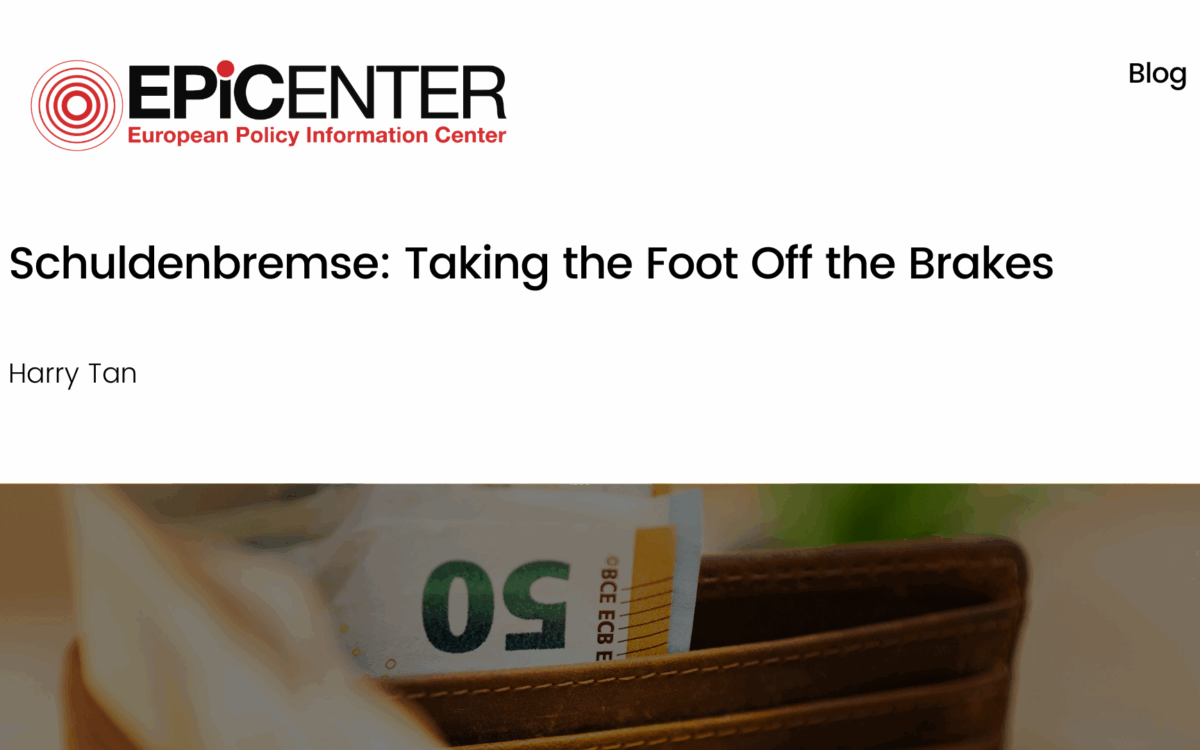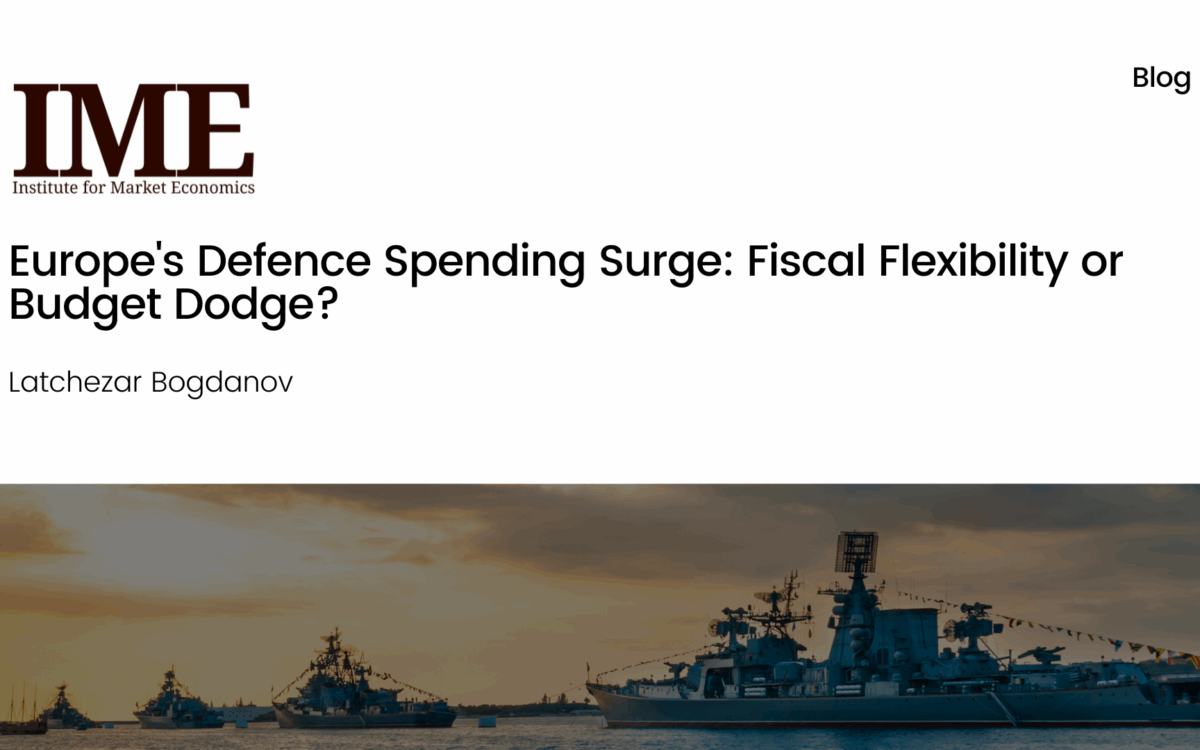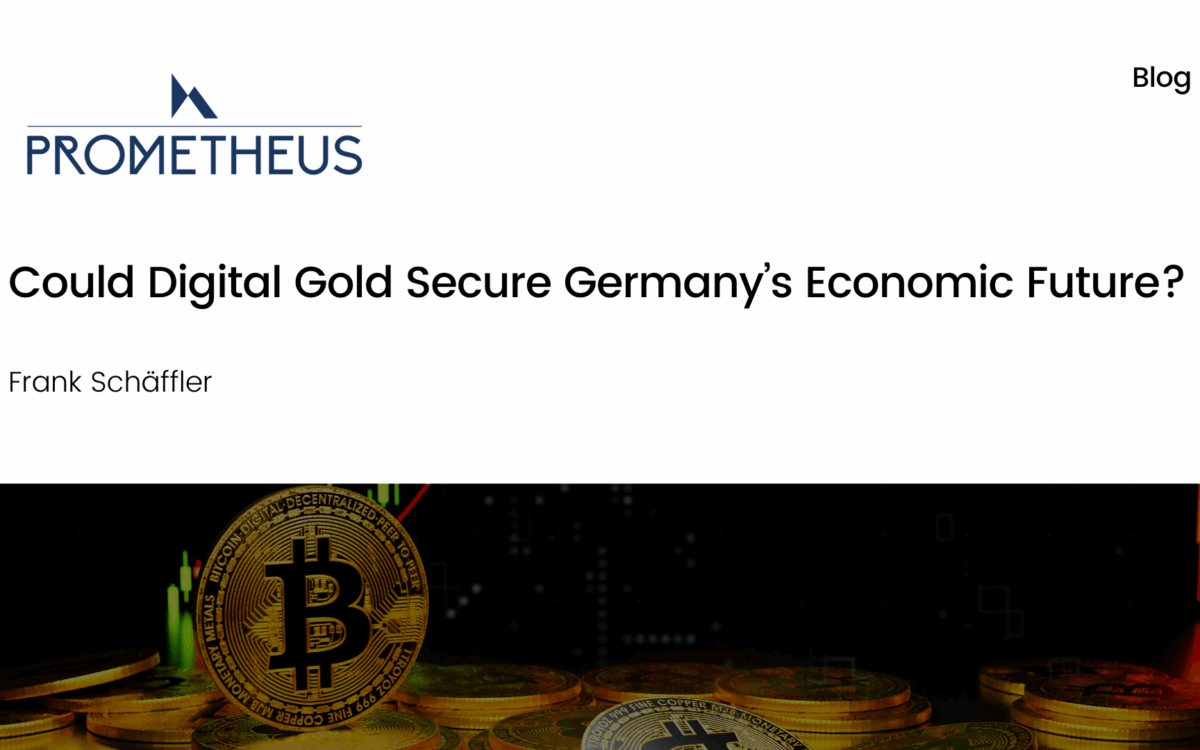The Mirage of a ‘Clean Brexit’
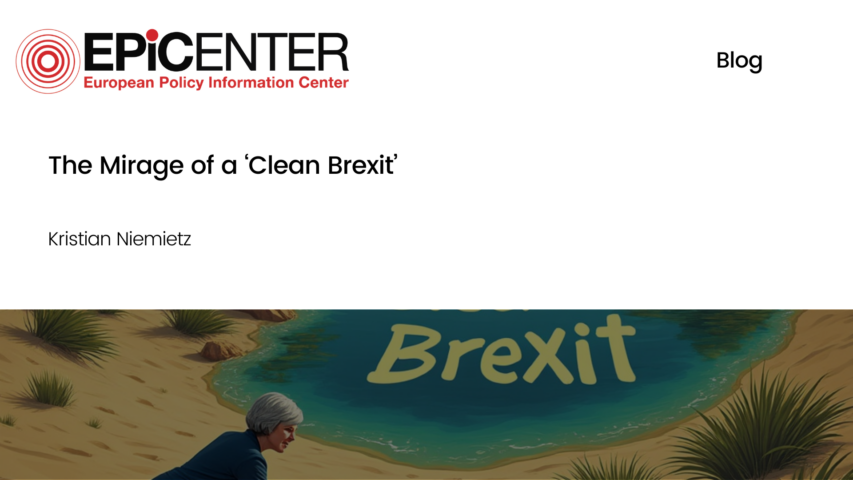
The Mirage of a ‘Clean Brexit’
Kristian Niemietz // 7 August 2017
When I went to a gym for the first time, in 1998 or so, membership options were very straightforward: you were either a member, or you weren’t. Some gyms would allow you to vary the length of the contracting period, but that was the height of flexibility.
Today, membership options at most gyms are so varied that the very term ‘gym membership’ doesn’t mean much anymore: you need to specify which one. Is that a weightlifting-only membership? Classes-only? Off-peak hours, multi-club access, pay as you go, all-inclusive with access to swimming pool and sauna?
Advocates of a Hard Brexit – or as they prefer, ‘clean Brexit’ – erroneously think of ‘Europe’ as you would think of a 1990s gym. You are either in, or you are out. If you cancelled your membership, only to find out a few weeks later that you’re still signed up for the cardio classes (and charged for them), you would see that as fraud. It would mean being ‘half in, half out’. You haven’t really left. It’s not the real thing. My guess is that in few years’ time, Hard Brexiteers will sound a lot like socialists: ‘But that wasn’t REAL Brexit. REAL Brexit has never been tried’.
It makes much more sense to think of ‘Europe’ as a set of overlapping programmes and institutions, many of which are related to the EU without being the EU. Countries can take part in some of them while steering clear of others. It is more like a 2017 gym than a 1990s gym.
This is obscured by the fact that once you are a member of the EU, unless you specifically secure an opt-out, you are generally obliged to take part in the full range of activities: the Customs Union, the Single Market, the Eurozone, the Schengen Agreement, the Erasmus Programme, the Common Agricultural Policy, the Common Fisheries Policy, and so on.
But once you are on the outside, you can pick and choose the bits that you like, provided the other members accept you, and provided you pay your share of the programme costs. Switzerland, Norway, Iceland and Liechtenstein are part of the Schengen Area, without being members of the EU. The latter three are also part of the Single Market. But none of them are part of the Customs Union, the Common Agricultural Policy or the Common Fisheries Policy. Jersey, Guernsey, the Isle of Man, Turkey and Monaco, are part of the Customs Union, without being members of the Single Market.
It is, of course, possible not to take part in any European programme, just like it is possible to leave a gym altogether. You can go for a hard Gymxit: Just because the possibility to participate in selected activities, on a case-by-case basis, exists, does not mean that you have to use it.
But I doubt that anyone really wants an ultra-hard Brexit, even if many say they do. Let’s take the Single European Sky agreement, which is about the joint management of European airspace. Air traffic management in Europe is measurably less efficient than air traffic management in the US, and the reason for that is fragmentation. The US is one single airspace, whereas air space in Europe is (or was, until very recently) divided along national boundaries. Since we don’t really do domestic flights in Europe, the nation state is simply not the appropriate unit for air traffic management. It is possible to be part of the Single European Sky agreement without being a member of the EU. It works for Norway and Switzerland, and it could work for the UK after Brexit.
Or take the Emissions Trading Scheme (ETS), the European cap-and-trade scheme, under which companies that emit CO2 need to buy tradable carbon permits. I’m not a fan of ‘decarbonisation’ – I’d rather adapt to climate change – but clearly, some decarbonisation policies are worse than others, and ETS is one of the least bad ones. It is possible to take part in the ETS without being an EU member, which is what Norway, Liechtenstein and Iceland do. The UK could do so as well after Brexit.
It is also very likely that the UK will continue to participate in Euratom, Erasmus, and various other, less well-known European programmes. Even under the hardest of Hard Brexits, the UK will continue to cooperate more closely with the rest of Europe than, say, Japan and South Korea do. Most international cooperation involves giving up some degree of sovereignty.
And as far as I can see, nobody really has a problem with that. Hard Brexiteers are not isolationists. I doubt they lose sleep over the possibility of the UK remaining a participant of the Single European Sky programme. It could well be, of course, that participation in these less high-profile programmes is advantageous to the UK, while participation in the Single Market is not. That’s an empirical question. But there is no qualitative difference between being part in the Single European Sky and being part of the Single Market, or, for that matter, being a signatory of a comprehensive free trade deal. Hard Brexiteers like to claim that as long as you don’t have control over your borders, you are not a truly sovereign nation. That sounds superficially plausible. But so would “As long as you don’t have control over your own air space, you are not a truly sovereign nation”, or “As long as you don’t have control over the amount of French wine coming in, you are not a truly sovereign nation”.
We are talking about differences in degree rather than ‘real Brexit’ vs ‘unreal Brexit’. It is nonsense to claim that a Brexit which involves staying in the Single Market is not a ‘real’ Brexit. It is nonsense to claim that a harder Brexit is automatically ‘more democratic’ than a softer Brexit. We did not vote for any particular kind of Brexit. We voted for Brexit. Nothing more, nothing less.
We currently have the equivalent of a relatively inclusive gym membership (not an all-inclusive one, since we are not members of the Eurozone or Schengen). We are now about to downgrade it to a looser one, maybe pay-as-you-gym or cardio-only. But we are not leaving the gym altogether, and nobody really wants to. There is no such thing as a ‘clean’ Brexit. Brexit is a matter of picking the right programmes, that’s all.
This blog post appeared first on the IEA’s website.
EPICENTER publications and contributions from our member think tanks are designed to promote the discussion of economic issues and the role of markets in solving economic and social problems. As with all EPICENTER publications, the views expressed here are those of the author and not EPICENTER or its member think tanks (which have no corporate view).
